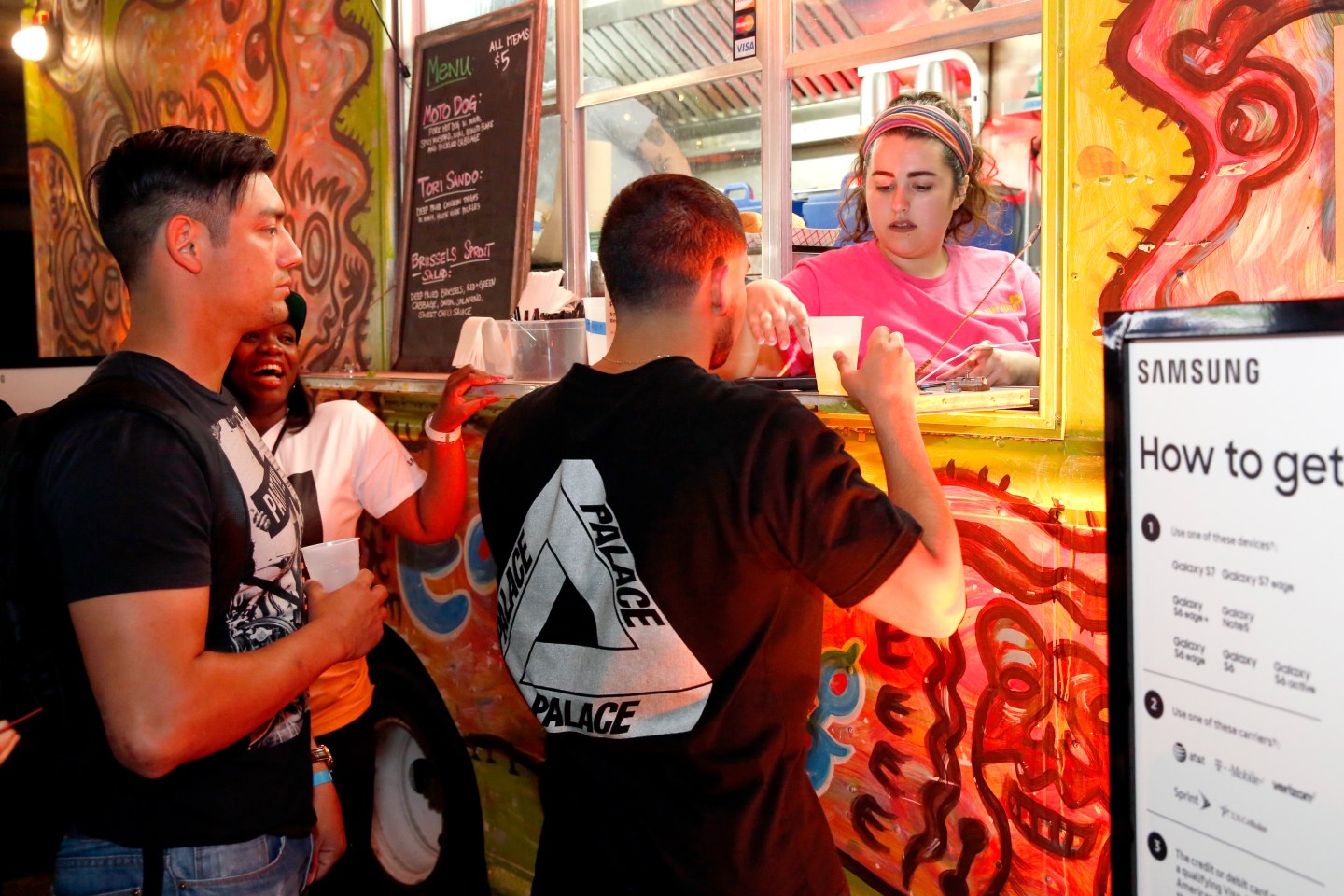Austin is the city of hipsters, food trucks and the South by Southwest festival, but it’s also the most vibrant place to start a business in the U.S., according to a report out Thursday from the Kauffman Foundation, which analyzes new business activity in 40 of the largest metro regions nationally.
Austin has topped Kauffman’s list for the past two years. It is joined this year by Miami, Los Angeles, San Francisco, and Las Vegas, which rank as the top five places for startups. (Full list below.)
Kauffman analyzed three data points to score each city: the rate of new entrepreneurship, which looks at the number of new entrepreneurs in a given month per 100,000 people; opportunity share, which gauges the number of businesses that open because entrepreneurs see a new market opportunity; and startup density, which measures the number of businesses that are less than a year old, with at least one employee.
The report, which echoes some of the findings of Kauffman’s recently released national startup index, generally paint an optimistic picture of the small business environment since 2014, with increasing numbers of people turning to entrepreneurship as a livelihood, finding opportunities in markets that did not exist before.
But while the short-term trends are upbeat, there’s still a lot of ground to be made up for since the financial crisis of 2008 and beyond, according to Kauffman.
“New business formation was at its lowest point in 20 years two years ago, and this bounce back is very encouraging,” says Arnobio Morelix, a senior research analyst for Kauffman and an author of the state and city reports. “[But] there is still a Great Recession hangover.”
Startup density in most cities and states has decreased. That’s an important measure of economic strength, as it looks at only the businesses that have employees. Per Kauffman’s national report, U.S. startup density is roughly 20% percent lower than during the pre-financial crisis years. Pittsburgh has the lowest density in the nation, with about 53 startups per 1,000 businesses, roughly half the rate of Las Vegas. Las Vegas’ startup density (120 startups per 1,000 businesses) is, however, down about 25% from 2007 and 75% from 1977.
Still, some of the cities that rose the ranks this year buck the trend. Orlando had the biggest upward momentum, jumping to number 21 from 33 in 2015, largely because its startup density — 106 new businesses per every 1,000 enterprises — was among the largest of the cities studied. Phoenix is also in that boat, joining the top 10 this year from 14.
Related: It’s Hard to Tell Who’s Driving the Uptick in Minority Entrepreneurship
Also worth noting: San Jose, considered the epicenter of Silicon Valley, has steadily moved down in Kauffman’s ranking scale. In the last three years, it’s gone from number 1 to number 8, mostly as a result of a steep drop-off in its rate of new entrepreneurs. Still, its opportunity measure continues to increase: only one in 20 of its new entrepreneurs was previously unemployed, meaning there are a greater share of entrepreneurs launching businesses out of opportunity rather than necessity. By contrast, in Charlotte, North Carolina, 4 in 10 of its new entrepreneurs was previously unemployed.
Check out the chart below for the top 25 on the list.
